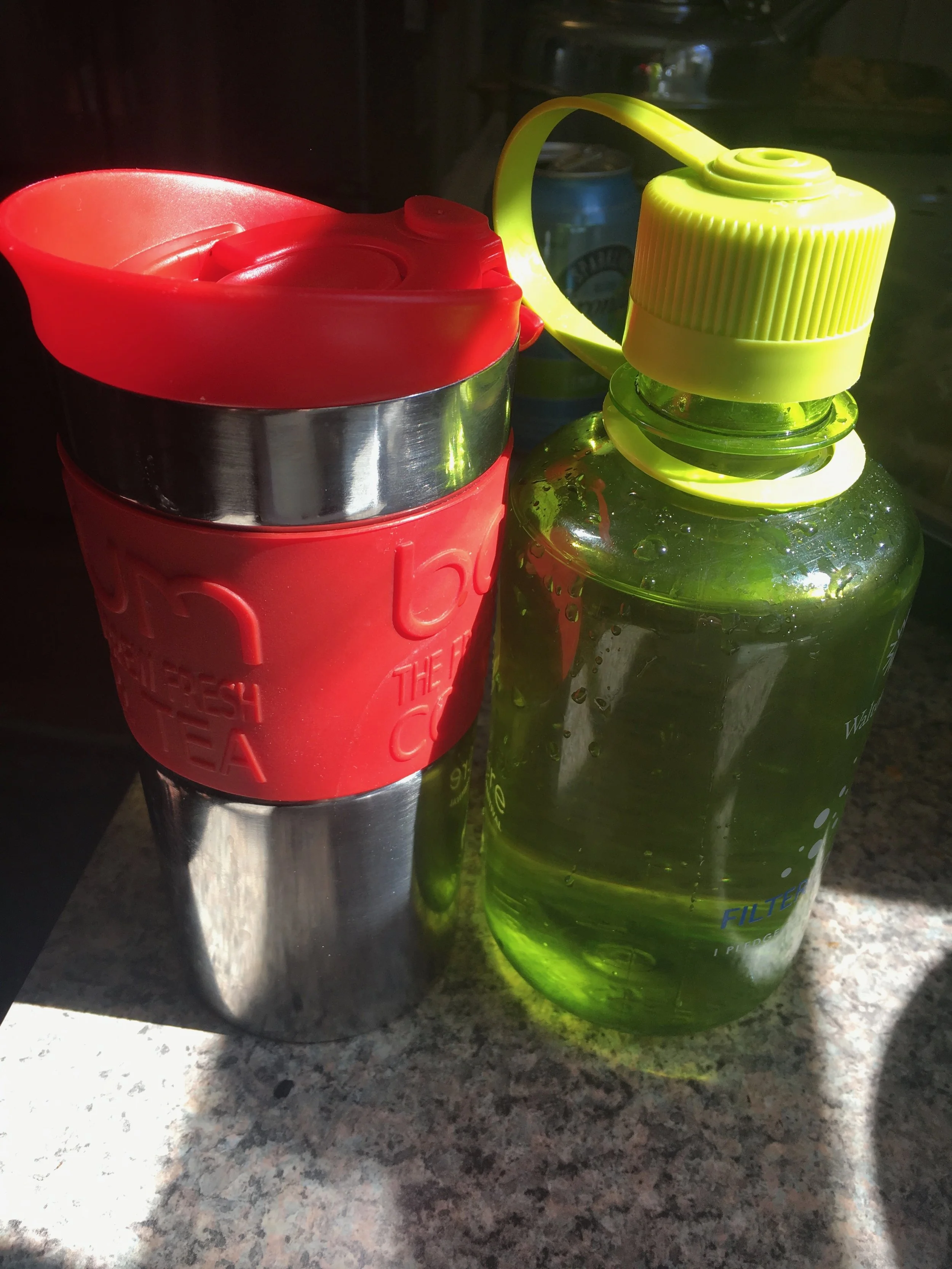Brad Hurley
You’ve just purchased a fuel-efficient car for touring, committed to eating vegetarian on the road, and started bicycling to local gigs. Then your neighbor buys a Hummer and decides to start flying to Thailand every year for his vacations. Did he cancel your impact?
This is a common question posed by people who work to reduce their personal carbon footprint and live a more sustainable lifestyle. Individual actions can seem like an exercise in futility, or at least unlikely to produce any tangible result. Why even bother?
Here’s the important thing to remember: every molecule of carbon dioxide emitted to the atmosphere stays there on average for 100 years, trapping heat and contributing in a tiny way to climate change. Everything you do to reduce emissions makes a difference: if your neighbor would have bought a Hummer anyway, your actions are still helping to keep the grand total of emissions a little smaller than they would have been otherwise.
Another thing to keep in mind is that many small individual actions can add up to something big. The U.S. Environmental Protection Agency’s voluntary ENERGY STAR program, which saves Americans enough on their energy bills to cover the entire operating budget of the EPA nearly four times over, avoids roughly 320 million metric tons of greenhouse gas emissions every year—almost as much as the annual emissions of France or Italy. That’s the collective result of thousands of individuals and businesses buying and using ENERGY STAR labeled equipment. Similarly, voluntary efforts to reduce the use of plastic shopping bags in Ontario and Québec resulted in 50 percent reductions in both provinces even before municipalities started enacting bag bans.
One musician who requests a glass for water on stage instead of a plastic bottle won’t change the world, but a few thousand might start to have an impact. And that’s another important point about individual example: when you set an example, other people will start thinking about their own behavior. Some might even follow in your footsteps. Over time, the provision of glasses or other reusable containers for water becomes the new normal. This process of “normalization” can lead to wide-scale change.
One concern about individual action is worth pondering, though: some critics argue that spending time and money to reduce your personal carbon footprint is a distraction from more effective endeavors. You could make a bigger difference by spending that time and money supporting organizations and movements that can leverage it to bring about larger change.
That’s a valid point, but it doesn’t have to be an either/or decision. You can do both. Most actions to reduce emissions or live more sustainably don’t take much time or money; many actions result in net savings. You’ll still have enough resources left over to contribute time or money, if you want to, to organizations that can use your help.
Brad Hurley is an environmental writer and editor based in Montréal, specializing in climate change, children's environmental health, and other topics. He also plays traditional Irish music on wooden flute, whistle, and uilleann pipes, and has written a popular online guide to the Irish flute.
